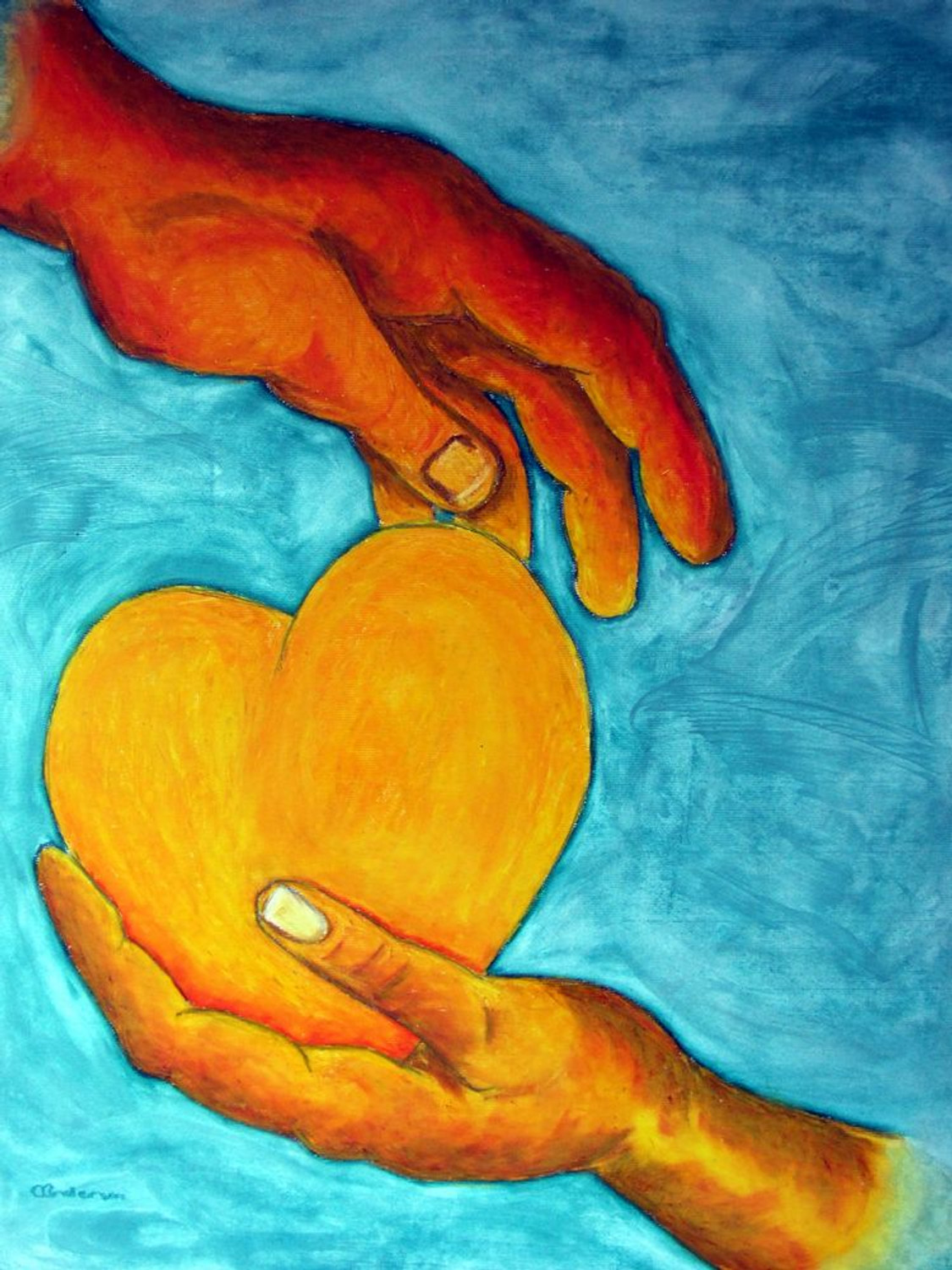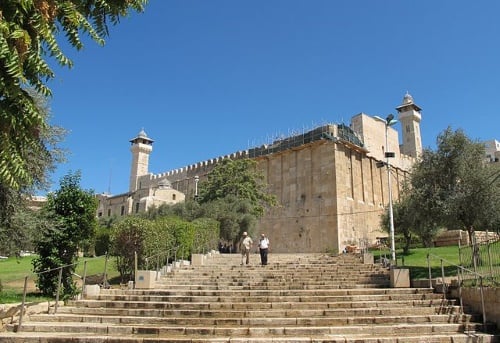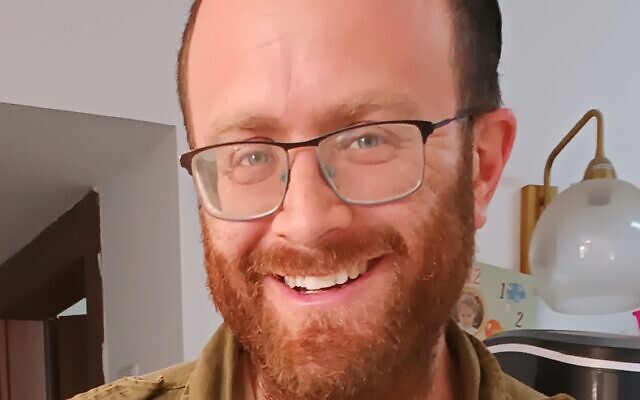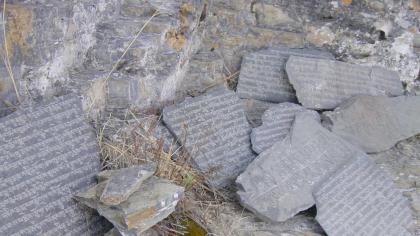January 24, 2023|ב' שבט ה' אלפים תשפ"ג Va'eira 5783 - Always Preserving the Dignity of Others
Print Article
Throughout the entire course of the plagues, one of Hashem’s goals is not only to take Bnei Yisrael out of Egypt, but also, “ViYadu Mitzrayim Ki Ani Hashem” that Pharaoh and his people should recognize HKBH as the Master of the Universe.
And the first time we start to see Pharaoh really begin to come to this recognition is after the 7th plague, Barad, Hail.
At this point, Pharaoh summons Moshe and says:
(ט:כז) [וַיִּשְׁלַח פַּרְעֹה וַיִּקְרָא לְמֹשֶׁה וּלְאַהֲרֹן וַיֹּאמֶר אֲלֵהֶם] חָטָאתִי הַפָּעַם יְקֹוָק הַצַּדִּיק וַאֲנִי וְעַמִּי הָרְשָׁעִים:
I have sinned this time. G-d is righteous and me and my nation are wicked.
This is the first time that Pharaoh concedes not just that G-d is in charge, but that He holds the moral high ground. He is the TZADDIK, and Pharaoh and his nation are RISHAIM! Hashem is RIGHT and I am WRONG!
What was it, though, about the plague of Barad that causes Pharaoh to come to this realization NOW?
Ibn Ezra argues that Pharaoh’s confession arises now because of the intense fear he felt at that moment.
In the warning Moshe presents to Pharaoh BEFORE bringing the plague of Hail, Moshe tells Pharaoah that God could just as easily eliminate Pharaoh in an instant:
(טו) כִּי עַתָּה שָׁלַחְתִּי אֶת יָדִי וָאַךְ אוֹתְךָ וְאֶת עַמְּךָ בַּדָּבֶר וַתִּכָּחֵד מִן הָאָרֶץ:
“For now I could just sent My hand and smite you and your nation with pestilence, and you would be driven from the earth”.
Why, then, doesn’t G-d just destroy all of Egypt in one fell-swoop, as He is capable of doing? Because He wants Pharaoh – and the entire world - to see His power and recognize God as the Supreme Ruler over the earth.
Now, after the awesome display of Hashem’s strength in the plague of hail, Pharaoh feared that the other prophecy –a deadly plague that would kill him and all of Egypt – would now be fulfilled. That is why he now finally buckles and confesses his guilt.
Chizkuni and the Daas Zekeinim from the Baalei HaTosfos offer a different approach.
They argue that Pharaoh’s confession results from a different aspect of the warning Moshe gave before bringing hail on Egypt.
In a rather remarkable move, Moshe tells Pharaoh:
(יט) וְעַתָּה שְׁלַח הָעֵז אֶת מִקְנְךָ וְאֵת כָּל אֲשֶׁר לְךָ בַּשָּׂדֶה כָּל הָאָדָם וְהַבְּהֵמָה אֲשֶׁר יִמָּצֵא בַשָּׂדֶה וְלֹא יֵאָסֵף הַבַּיְתָה וְיָרַד עֲלֵהֶם הַבָּרָד וָמֵתוּ:
Therefore, order your livestock and everything you have in the open brought under shelter; every human and beast that is found outside, not having been brought indoors, shall perish when the hail comes down upon them!’”
And, in fact, the Torah itself tells us that many people listened to the warning and brought their animals and servants inside and they were saved.
And, says the Chizkuni, it was this gesture by HKBH, offering a warning, allowing the Egyptians to protect themselves in advance of the plague, that made such a deep impression on Pharaoh.
Says the Chizkuni, Pharaoh thought to himself: “A ruthless murderer who simply wants to wage war and kill other people, attacks quickly and kills him. He doesn’t warn the person in advance, offering them a chance to protect themselves.”
According to the Chizknui, what changed Pharaoh’s mindset at this point was NOT the devastation of the hail, but rather God’s kindness in urging the Egyptians to take cover ahead of time. This gesture showed Pharaoh that G-d was different than any ruler he had ever encountered. He saw, even in the punishments Gd was sending to him and his people, a certain empathy, and a gesture of kindness, for those who would be willing to show their faith in Him. Something unfathomable to Pharaoh. He saw a King who cared about the dignity of every person, at all times.
And this commitment to finding some way to preserve the humanity and dignity even of those we must attack, even those who we are told to fight or punish, is a hallmark of who we are as a people.
In Parshas Ki Teitzei we are introduced to the concept of Malkus, the requirement to give lashes to a person who has violated a mitzvas lo saasei/Negative commandment.
As part of the Torah’s discussion of this din, the פסוק adds “Lo Yosif”. The employee of the Beis Din whose job it is to administer the lashes should not give the violator even one lash more than his prescribed number.
The גמ' in Kesubos (35a) learns from here the general prohibition of chavala, the prohibition to cause physical harm to another person.
And the meforshim ask: If the Torah wanted to teach me that I am not allowed to cause physical harm to another person, why do so in the context of the rules whereby I am permitted to hurt him?
R’ Chanoch Henoch Leibowitz, the former Rosh Yeshiva of Chafetz Chaim explains that the prohibition of Chavala is intuitive. I know on my own that I shouldn’t physically harm another person.
However, the context in which the halacha is taught is a situation in which one might have entertained the possibility that the halacha wouldn’t apply.
Therefore, it is specifically in the context of Beis Din that the employee of the court, the enforcer whose job it is to administer lashes, might say to himself, “this guy is already a sinner, He has violated serious issurim. What’s one extra lash!?”
So comes the Torah and teaches us, “Lo Yosif”. You have to be concerned with the physical welfare, and the human dignity of even the lowliest of society.
And we find this to be true in Jewish warfare to this very day.
I recently read a remarkable article about the well-known lengths to which the Israeli Air Force goes to minimize civilian casualties in battle. As wars have raged in Gaza over the past 10-15 years, the Israeli’s developed two methods to allow for the destruction of legitimate military targets, buildings housing terrorists, missiles, and weapons caches while protecting the lives of civilians:
1) They famously drop 1000s leaflets warning citizens to evacuate ahead of any air strike on terrorists in the area.
2) In 2008, the IAF developed a method they call “Roof Knocking”. Through a sophisticated web of intelligence from spies and drones, they would identify every building which was a military target, would find out exactly how many civilians were present in the building, and then gathered all of the cell phone numbers of the inhabitants. Ahead of a strike, let’s say, on an apartment building which was also being used to launch missiles at Israel, they would call the numbers of the residents with a message in Arabic warning them to evacuate because a strike is imminent. They would then use a drone to determine that all of the civilians had evacuated. Only then would they receive permission to strike.
- If they couldn’t determine that all civilians had evacuated, and even in cases where civilians explicitly REFUSED TO LEAVE, the IAF would not strike.
- In fact, there were residents who began climbing the roofs of buildings, taunting the Israelis, and refusing to leave. Still Israel would NOT strike.
Why go to such extraordinary lengths to preserve the lives of civilians who are basically protecting terrorists?
Said Col. Pnina Sharvit-Baruch, the officer who signed off on almost every attack during Operation Cast Lead in 2008: “It is our moral obligation…this is who we are and how we do things”.
We are a people who is concerned for the dignity of every human being, even as their army wages war against us.
This isn’t to say we don’t believe in Good & Evil, or Right & Wrong. Absolutely we do. And that’s exactly the point. We believe in right and wrong. We believe that there are times when evil must be eliminated. And yet, we also believe in the importance of doing our best to maintain our own moral code and to preserve the dignity of others, specifically in the fog of war, when we might tend to lose sight of our values.
And, of course, this lesson is not relevant only in warfare. It is relevant every day of our lives. We all have experiences where have been treated with disrespect or a lack of dignity. And while we are not required to be run over by others and never respond, the lesson from HKBH could not be more clear: No matter the individual with whom we are dealing, no matter how disrespectful or unkind they may have been, we must never allow ourselves to treat them that way. We don’t have to be their best friend, but we must always maintain our dignity and theirs. Because there is no individual who doesn’t deserve to be treated with dignity and respect.
As HKBH endeavored to teach the world “V’ydatem Ki Ani Hashem” to understand who He really is, He was not only showing that He is the Creator of the world and the one who continues to control it. He displayed a mida and a worldview which continues to guide us to this day: That every human being deserves to be treated with dignity, always.




